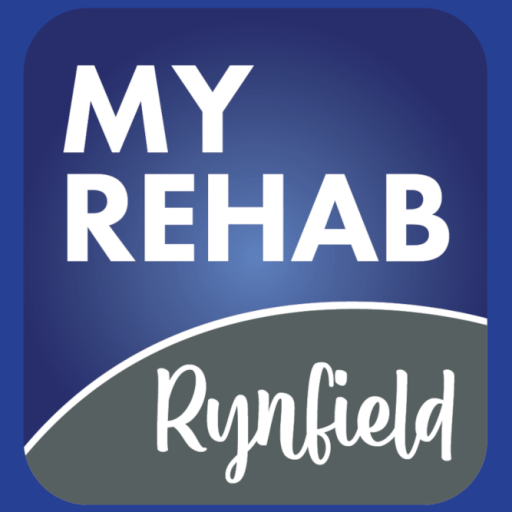In this week’s enriching discussion, we delved into the crucial topic of correcting distorted thinking—a foundational component of the recovery journey. Understanding and addressing cognitive distortions pave the way for a healthier mindset and more effective recovery strategies.
Understanding Distorted Thinking
Distorted thinking patterns, including denial, minimization, and all-or-nothing thinking, frequently occur alongside depression and addiction. These patterns can obscure our self-perception, skew our understanding of events, and overshadow our real strengths and achievements. Recognizing these distorted thinking patterns is the first step towards clarity and change.
Denial and Minimization: Recognizing the Truth
Denial and minimization hinder our ability to see the severity of destructive behavior and its consequences. This distortion can lead us to underestimate the impact of our actions and avoid taking responsibility. To move forward in recovery, it’s vital to confront our actions head-on, acknowledging their seriousness without diminishing their impact.
All-or-Nothing Thinking: Finding the Middle Ground
All-or-nothing thinking forces us into extremes: things are either perfect or a disaster, with no in-between. This cognitive distortion can dramatically affect our self-esteem and hinder our progress in recovery. Challenging this thought pattern involves recognizing the shades of gray in our experiences, appreciating partial successes, and accepting imperfection as a part of growth.
Strategies to Overcome Cognitive Distortions:
- Awareness: Begin by identifying instances of distorted thinking in your daily life. Journaling or discussing these instances with a therapist can offer valuable insight.
- Challenge Distortions: Ask yourself evidence-based questions to challenge these thoughts. For instance, “Is there evidence to support this thought? Is there a more balanced way to look at this situation?”
- Embrace Progress: Focus on incremental progress rather than perfection. Celebrate small victories and recognize the effort, irrespective of the outcome.
- Seek Support: Sharing your struggles with understanding friends or recovery groups can provide alternative perspectives that counter distorted thinking.
- Practice Mindfulness: Mindfulness helps in observing thoughts without judgment, allowing you to detach from distortions and see situations more clearly.
Embracing the Journey Ahead
As we navigate the recovery journey, understanding and transforming our cognitive distortions becomes key to cultivating a healthier mindset. Embracing the challenge to correct these distortions not only aids in recovery but also enhances overall well-being and personal growth.
At MyRehab, we’re committed to guiding you through each stage of your recovery, offering the tools, insights, and support necessary to overcome challenges like distorted thinking.
Ready to tackle cognitive distortions and embrace a balanced perspective on your recovery journey? Join us at MyRehab, where healing, empowerment, and growth await.












